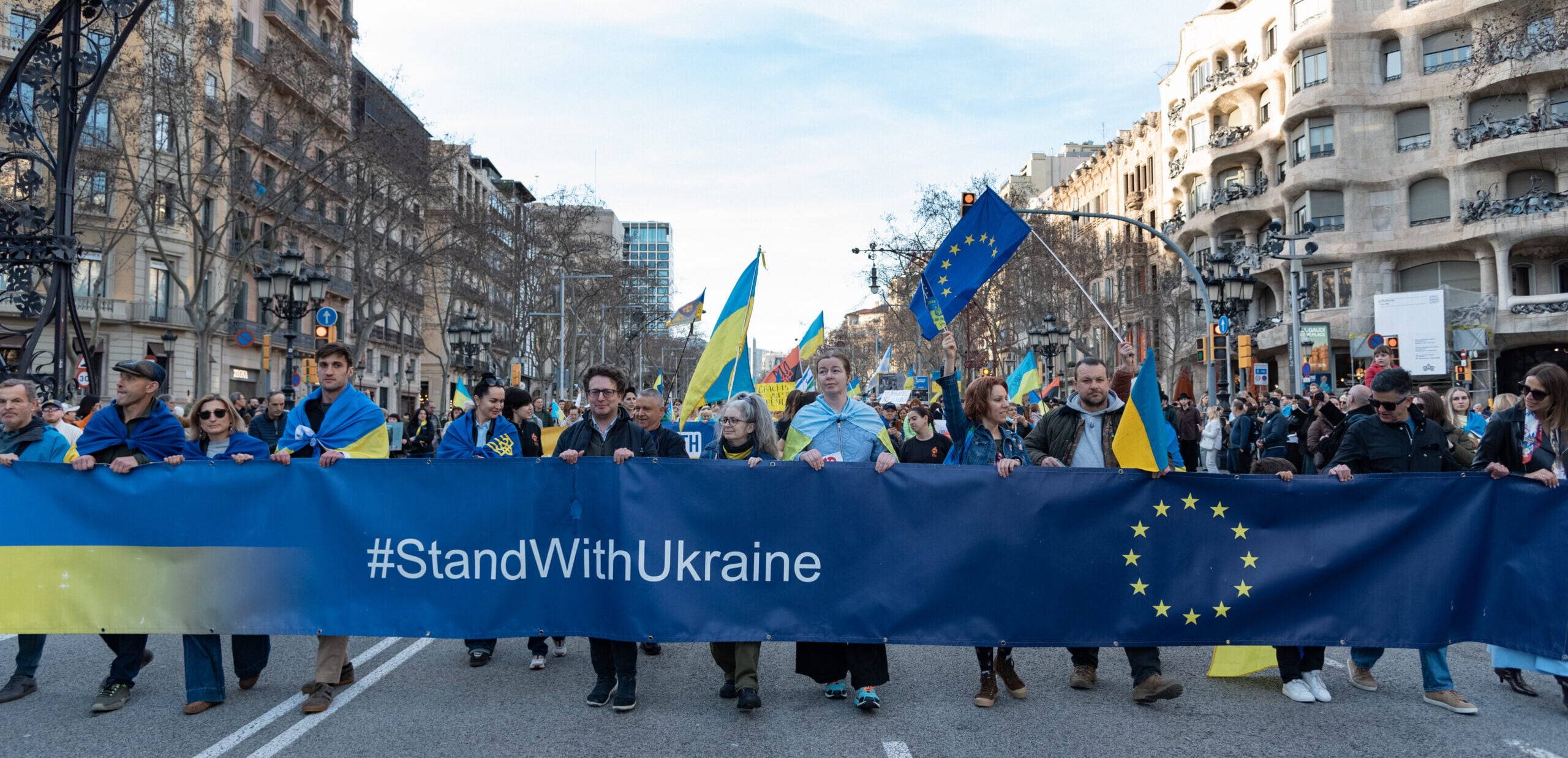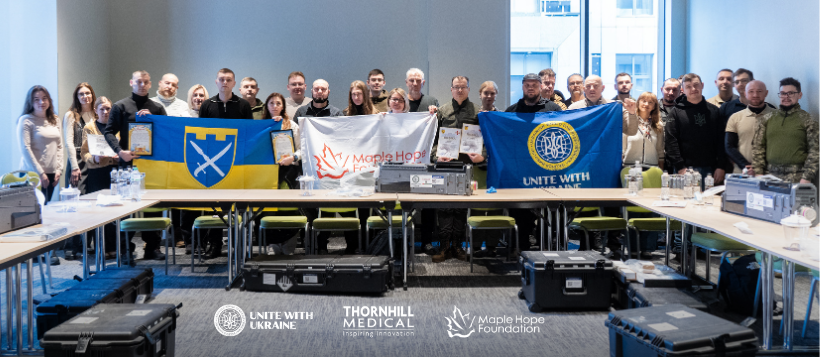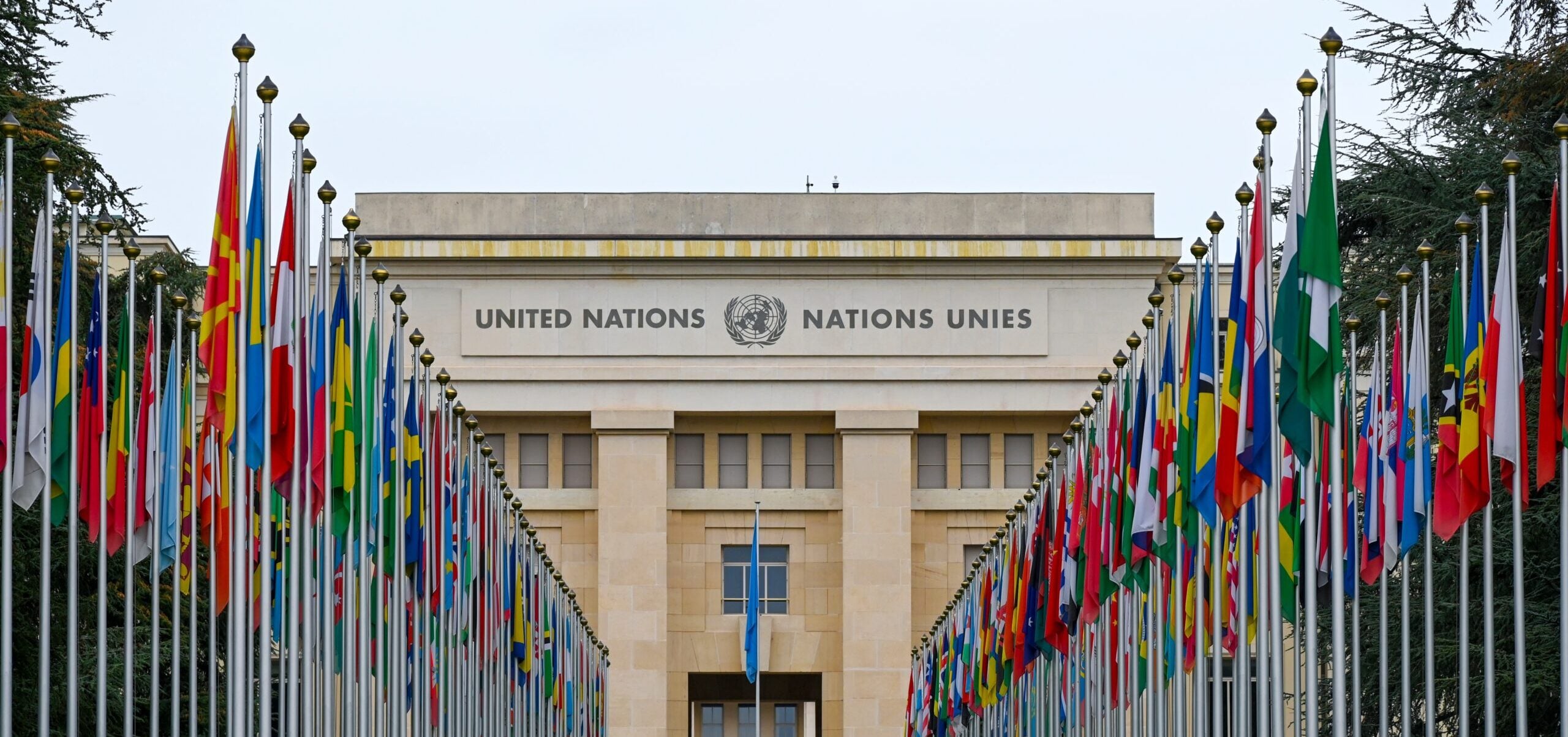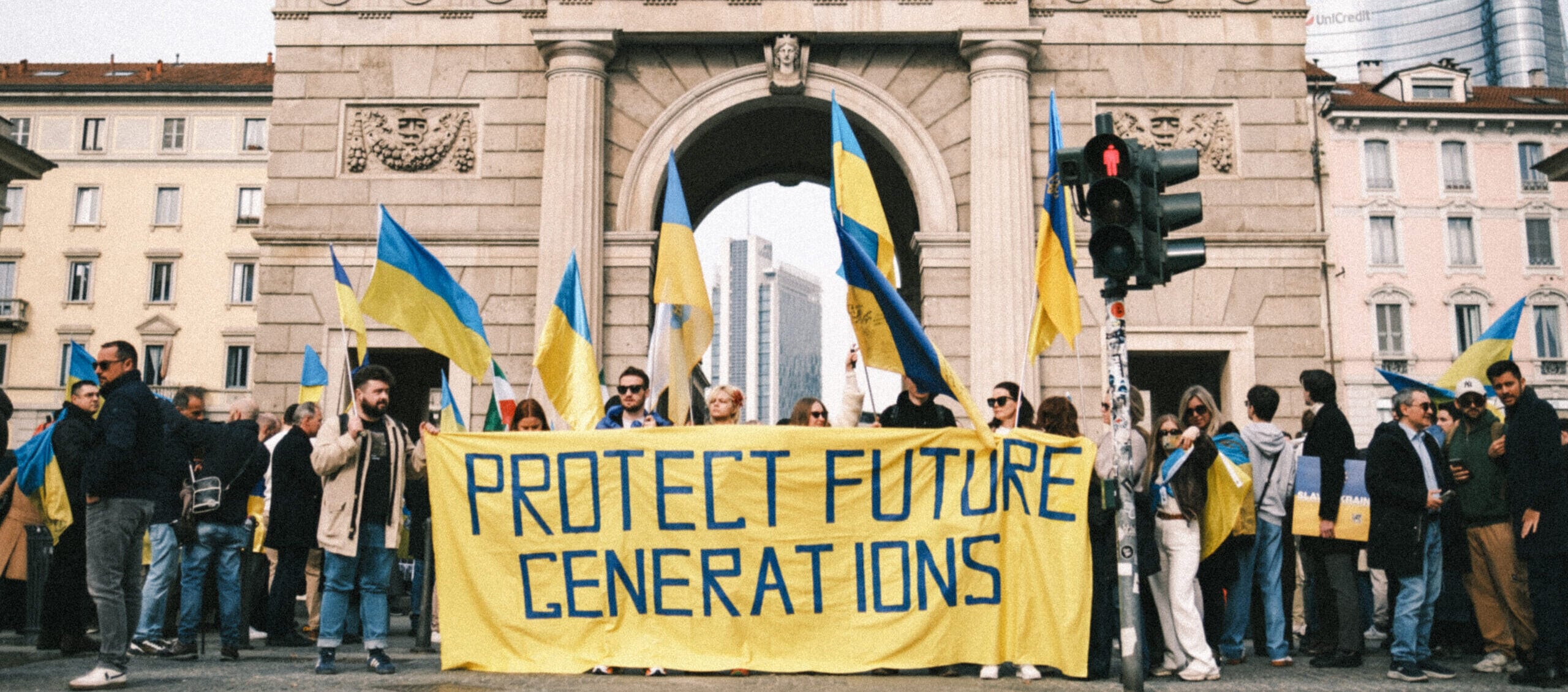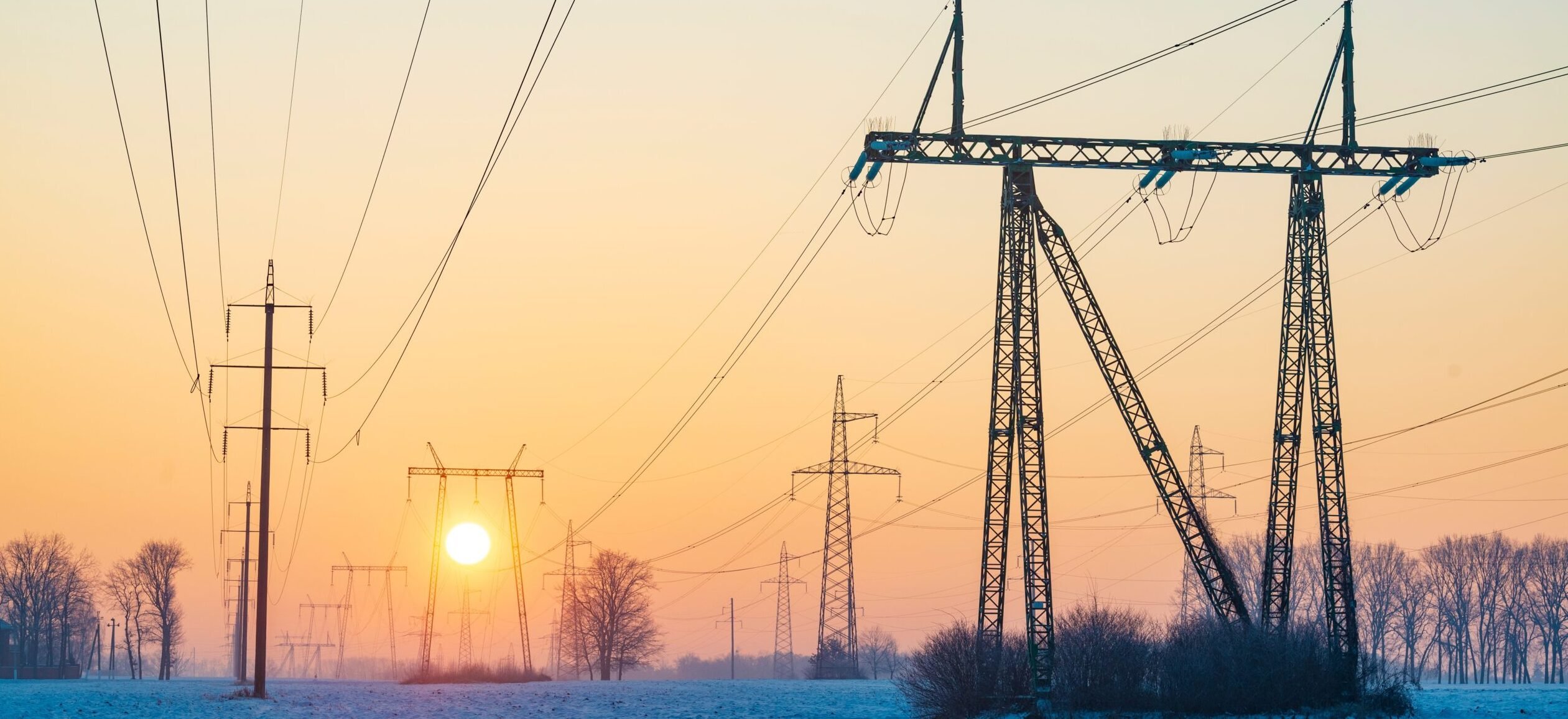

by Vitaly Portnikov, a well-known Ukrainian journalist, political commentator, and analyst, as well as a laureate of the Shevchenko National Prize of Ukraine
Source: Portnikov on Facebook
As winter approaches, Kremlin ruler President Vladimir Putin continues to climb the escalation ladder, a path that accelerated after his August meeting with U.S. President Donald Trump in Alaska. Following mass strikes across Ukraine and incursions by Russian drones and warplanes into NATO airspace, Russia has moved to a campaign of systematic strikes against Ukraine’s energy infrastructure. Attacks on multiple Ukrainian cities now occur almost daily; the most recent hit thermal power plants in the capital.
Russia has also struck Ukrainian gas fields, a move that risks severe heating and electricity problems this winter. This is not the first time Putin has tried to “freeze” Ukrainians — the dark, traumatic winter of the first year of the full-scale invasion is still fresh in memory — but these attacks are now more systematic, and they come even as proposals to stop the war and open peace talks are being floated.
Putin appears to ignore those proposals. Why?
First, he seems convinced the West lacks the tools to pressure him effectively. Second, he treats any negotiations as a path to Ukraine’s capitulation. Putin believes that if talks happen, they must be about Ukraine’s surrender and its removal from the political map.
Accordingly, his aim is to make parts of Ukraine unlivable. Striking the energy sector is meant to create a sense among Ukrainians that they have no choice but to yield to Russia. History and experience of this war suggest that bombing cities does not automatically produce mass capitulation, but Putin does not appear to factor that in.
The motive behind attacks on energy infrastructure may be broader than demoralisation. They aim to destroy Ukraine’s economy so that, even if the war ends, the country lacks realistic prospects for recovery — a warning to others who defy Moscow. This can also be a form of demographic warfare: make life unbearable so people emigrate. Fewer Ukrainians would mean fewer obstacles to Russia’s long-term geopolitical ambitions. Demographic coercion is not new in Moscow’s imperial playbook — the past offers grim precedents.
Now Putin appears to be engineering an “energy famine.”
Talks and pleas alone will not stop this. The recent months of discussions between Trump and Putin, despite early warnings they were doomed, showed that diplomacy without leverage produces little. Countering the destruction of energy infrastructure requires weakening Russia’s military and energy capabilities.
Ukrainian strikes on Russian military sites and oil-processing facilities can force Putin either to reconsider or at least to moderate his strikes. Russia has already lost a substantial portion of its refining capacity, which undermines its economy and raises the cost of war — much of that damage has come from drone strikes on Russian territory. If Ukraine acquires sufficient long-range strike capabilities, Russia could lose a significant share of its economic power.
That is the right approach. You do not negotiate peace with a dragon. Even if you cannot remove its head, you can, at least, knock out its rotten teeth.
Cover: Shutterstock





